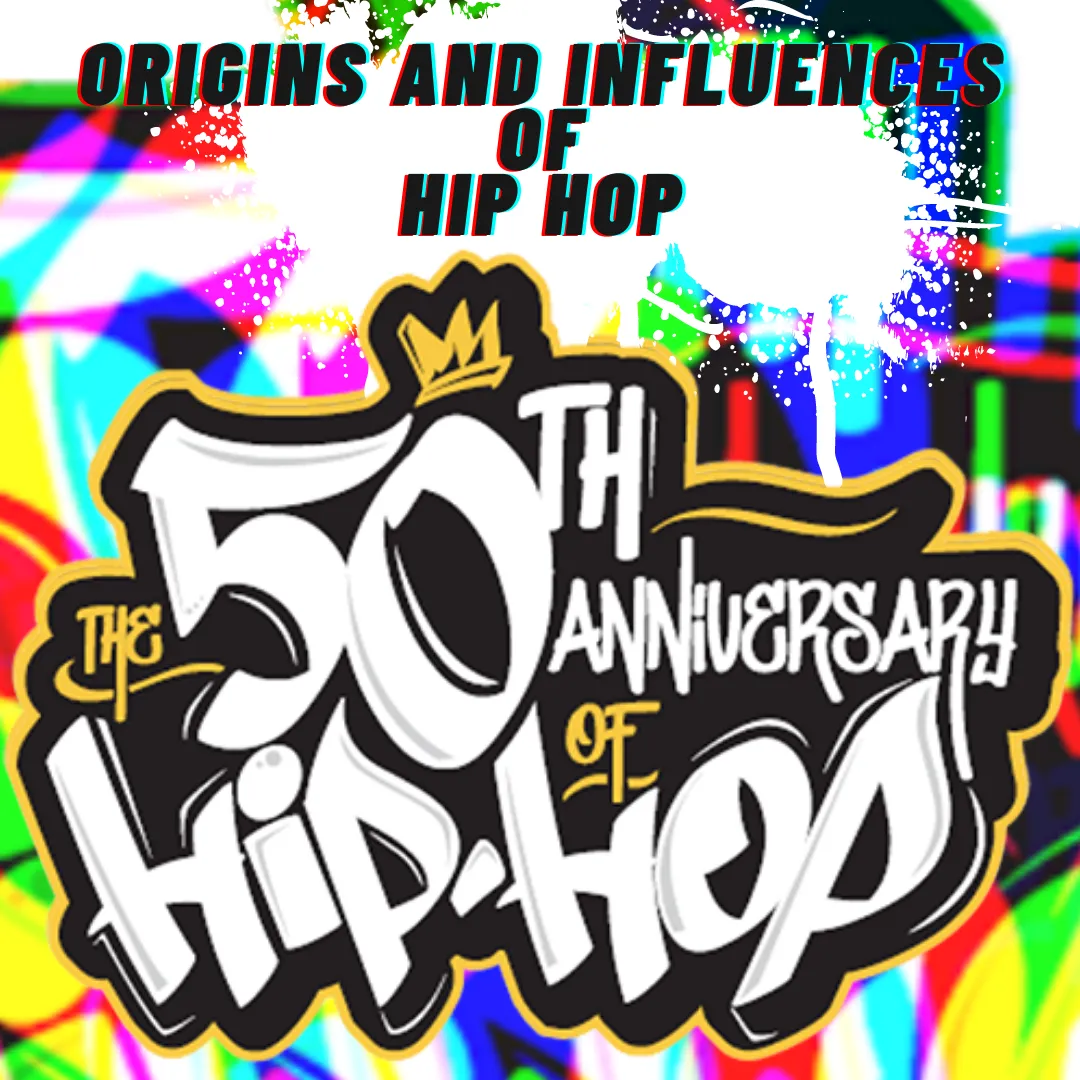
Juneteenth NY Blog

Hip-hop's Themes of Empowerment and Social Change: A Perfect Alignment with Juneteenth's Celebration of Freedom and Equality
“Hip-hop's Themes of Empowerment and Social Change: A Perfect Alignment with Juneteenth's Celebration of Freedom and Equality"

Hip-hop's Themes of Empowerment and Social Change: A Perfect Alignment with Juneteenth's Celebration of Freedom and Equality
In recent decades, hip-hop has emerged as not just a genre of music, but a cultural movement that addresses important social and political issues. Juneteenth, on the other hand, is a historic celebration that marks the emancipation of enslaved African Americans in the United States. Remarkably, the themes of empowerment and social change championed by hip-hop resonate deeply with the ideals of freedom and equality that Juneteenth represents. This article delves into the profound alignment between hip-hop's themes and the significance of Juneteenth, showcasing how this powerful genre mirrors the fight for freedom and equality.
The Evolution of Hip-hop: From Margins to Mainstream
The Birth of a Movement

Hip-hop originated in the marginalized neighborhoods of New York City in the 1970s, initially serving as a creative outlet for African American and Latinx youth. The genre quickly evolved beyond music, embracing elements like graffiti, breakdancing, and spoken-word poetry. This diverse set of artistic expressions became tools for self-expression and community-building.
Empowerment through Lyrics

Lyrics have always been the beating heart of hip-hop. Artists like Grandmaster Flash and Public Enemy used their music to shed light on systemic inequalities, police brutality, and racial discrimination. Through their lyrics, they empowered their audiences to challenge the status quo and demand change.
From Local to Global Impact

Over the years, hip-hop transcended geographical boundaries and resonated with individuals worldwide. This global reach allowed artists to shed light on issues specific to their communities while also drawing connections to broader social challenges. The genre became a unifying force that fostered empathy and solidarity.
Juneteenth: A Symbol of Freedom and Equality
The Historical Significance

Juneteenth, also known as Freedom Day, commemorates June 19, 1865, when Union soldiers announced the emancipation of enslaved African Americans in Texas, two years after the Emancipation Proclamation. The day symbolizes the long-awaited realization of freedom and equality for those who had been oppressed for centuries.
Honoring the Struggle

Juneteenth serves as a platform to honor the resilience of African Americans throughout history. It acknowledges the struggles and sacrifices made to overcome adversity, and it reminds us of the ongoing fight for true equality. The day encourages reflection on the progress achieved and the work that remains.
Celebrating Culture and Identity

Beyond its historical importance, Juneteenth celebrates African American culture, heritage, and identity. It is an opportunity to showcase the contributions of Black artists, thinkers, and activists who have shaped the world. This celebration of culture aligns with hip-hop's emphasis on embracing and elevating marginalized voices.
The Confluence of Themes

Amplifying Voices
Hip-hop has served as a platform for amplifying the voices of those often unheard. Just as Juneteenth gave voice to the silenced, hip-hop artists use their music to address social injustices and amplify the stories of marginalized communities.

Narratives of Resilience
Both hip-hop and Juneteenth narratives center around resilience in the face of adversity. Hip-hop artists often share stories of personal struggles, reflecting the broader history of African Americans. Juneteenth's celebration of freedom is rooted in the strength of the human spirit, much like hip-hop's message of overcoming obstacles.
Hip-hop is not just about storytelling; it's a call to action. It challenges listeners to question societal norms and work toward positive change. Juneteenth similarly encourages individuals to actively engage in dismantling systemic racism and promoting equality.

In a remarkable confluence of history and culture, hip-hop's themes of empowerment and social change seamlessly align with Juneteenth's celebration of freedom and equality. Through its music and messages, hip-hop continues to inspire individuals to confront injustice and strive for a better future. As we celebrate Juneteenth, let us recognize the enduring power of hip-hop to ignite change and foster unity.
What is the origin of hip-hop?
Hip-hop originated in the marginalized neighborhoods of New York City in the 1970s as a creative outlet for youth.
Why is Juneteenth significant?
Juneteenth commemorates the emancipation of enslaved African Americans in the United States, symbolizing freedom and equality.
How does hip-hop address social issues?
Hip-hop artists use their lyrics to shed light on systemic inequalities, police brutality, and racial discrimination.
What does Juneteenth celebrate apart from freedom?
Juneteenth celebrates African American culture, heritage, and identity, showcasing contributions to society.
How does hip-hop inspire change?
Hip-hop challenges societal norms, encouraging listeners to question and actively work toward positive societal change.


For other questions or comments about JuneteenthNY, please give us a call at 646-585-0456 or send us an email. We will get back to you within 24 hours.




Facebook
Instagram
X
LinkedIn
Youtube
TikTok